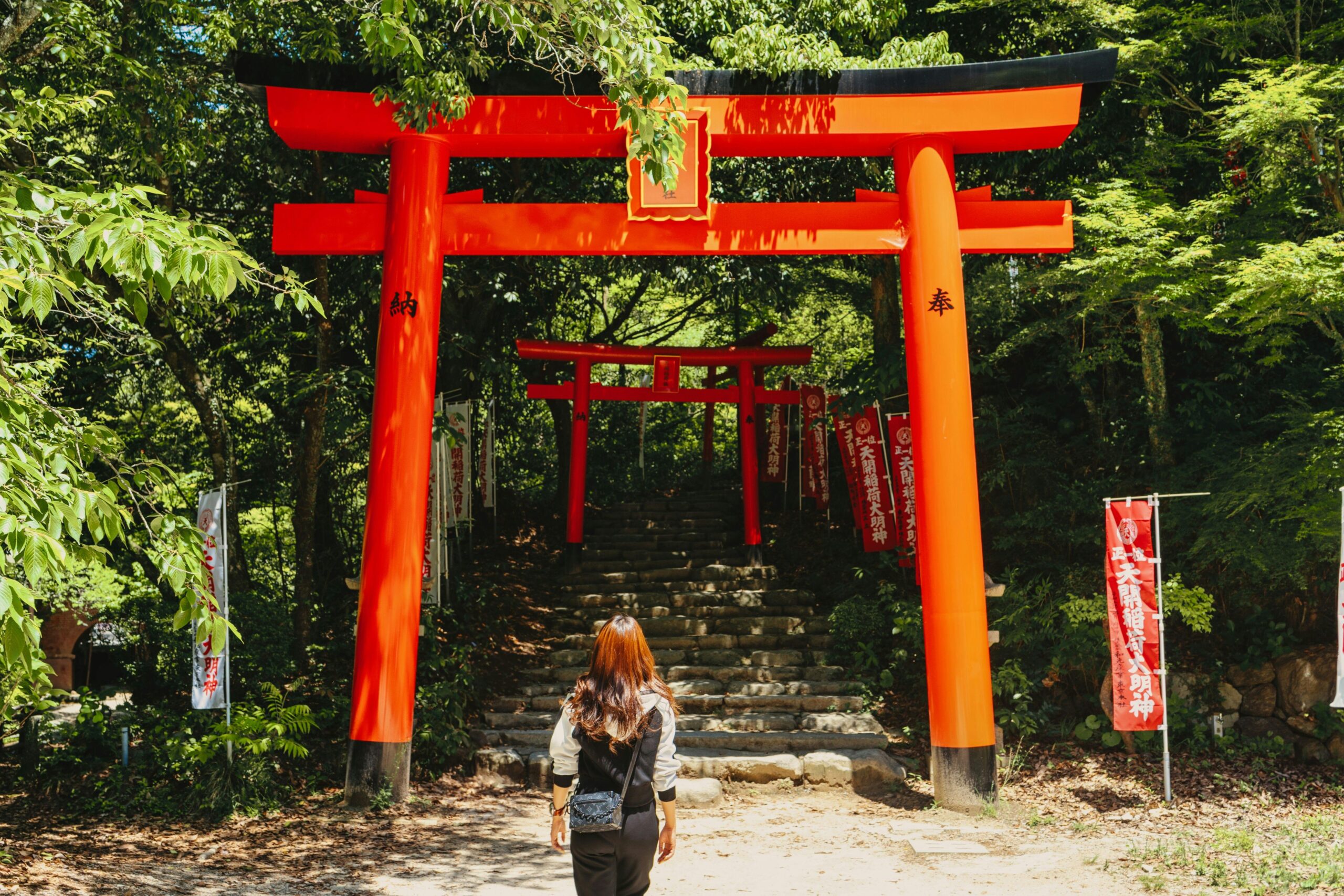When I first came to Fukuoka, I wasn’t sure what to expect. I’d heard whispers in expat forums and remote work communities about it being one of Japan’s most livable cities — but honestly, I thought that was just hype. Fast-forward a year, and I now tell every digital nomad and freelancer I meet the same thing: If you’re thinking about working remotely from Japan, start with Fukuoka.
There’s something about this city that just works for remote work. The balance of accessibility, affordability, and community here feels rare — not just in Japan, but anywhere.
A Compact, Connected City
Let’s start with the layout. Fukuoka is a city that gives you big-city energy without big-city overwhelm. Most of the action happens in a tight radius — Tenjin, Hakata, Daimyo, and the waterfront areas. You can get almost anywhere by subway or bike. There’s high-speed WiFi, reliable infrastructure, and an airport that gets you to Tokyo in 90 minutes and Seoul or Taipei in under two hours.
That means you can live downtown, work at a coworking space near the station, grab tonkotsu ramen for lunch, and still make it to the beach for sunset — all in the same day.
Coworking Culture That’s Actually Welcoming
One of my biggest surprises was the quality and vibe of the coworking spaces here. Some Japanese coworking spaces can feel cold or overly corporate. Not in Fukuoka. Places like The Company, Fgn (Fukuoka Growth Next), and Tenjin Color have nailed that mix of professionalism and friendliness. I’ve met designers, developers, translators, and indie founders just by sitting down at a hot desk with a laptop and a coffee.
Fgn, in particular, is worth mentioning — it’s a startup incubator backed by the city itself. You’ll find meetups, pitch nights, and a mix of Japanese and international founders working side-by-side. It feels like the kind of place where ideas are born in the hallway.
The Visa Side: Startup and Work-Friendly Policies
Japan isn’t always the easiest country for freelancers to navigate visa-wise. But Fukuoka has taken steps that make things a bit smoother. The city government supports the Startup Visa (a one-year residency path for entrepreneurs), and they’re surprisingly responsive to inquiries in English. While it’s not a shortcut to permanent residency, it’s a legit way for nomads with startup ideas to get a foothold here.
For freelancers already on long-term visas (spouse, work, business manager), the local tax office and ward staff tend to be more familiar with remote workers and indie consultants than you’d expect. There’s a feeling that the city wants you to stay.
Community Without the Cliques
Some digital nomad hotspots can feel clique-y or transient. Fukuoka’s community is more grounded. Yes, there are expats and nomads — but many have been here for years. There’s a real chance to build lasting friendships or professional collaborations. Meetup groups, language exchanges, tech events, and even niche coworking jams (like “WordPress Wednesdays”) pop up regularly.
As a WordPress developer myself, I’ve been welcomed into both the Japanese and international tech scenes. People are open, curious, and happy to share tools, leads, and local tips — especially if you’re the kind of person who pays it forward.
Lifestyle That Supports Creativity
Finally, the pace. Fukuoka has this gentle rhythm that lets you breathe. You’re never more than 30 minutes from nature — whether it’s a mountainside onsen or a quiet beach. Rent is reasonable. The food is world-class. And best of all, you feel like you’re part of a city that’s growing with purpose, not just growing fast.
So if you’re tired of noisy coworking cafes in Bali or lonely high-rises in Tokyo, give Fukuoka a try. It might not be as flashy — but it just might be exactly what your remote work life needs.
Let me know if you land here — I’ll show you my favorite spot with the best WiFi and karaage combo in town.

